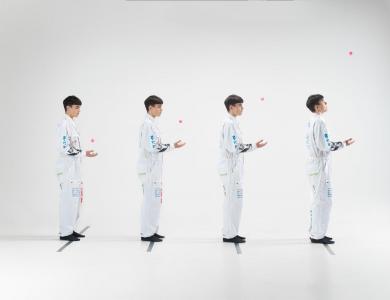"People have told me that my photography helps them think about and identify with farmed animals without provoking guilt or dread."
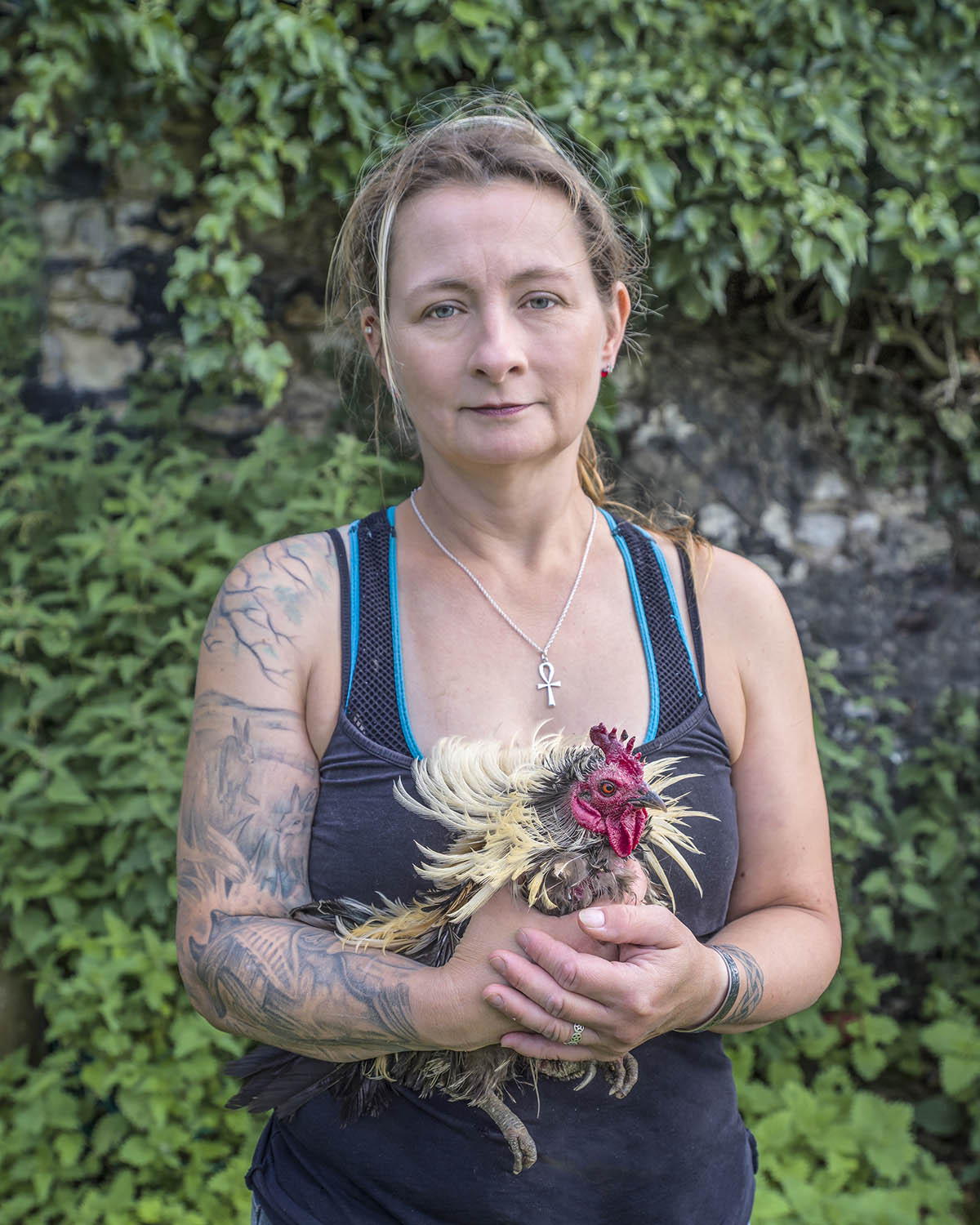
When not working as a lawyer Janet Holmes volunteers as a photographer for animal rescue groups. Janet was almost 50 when she began experimenting with photography. She was surprised to discover how much she loved creating images (especially portraits) so she enrolled in the International Center of Photography’s part-time Continuing Education Track Program. Janet has received international recognition for her images, including exhibitions in the USA, Canada and Europe.
Her series Is This My Beautiful House? won the People’s Choice Award for The Fence 2018. The FENCE is an annual call for entries to be part of the largest outdoor photography exhibition in North America with public exhibitions across the continent. Photographers of all levels from around the world are invited to apply online at fence.photoville.com.
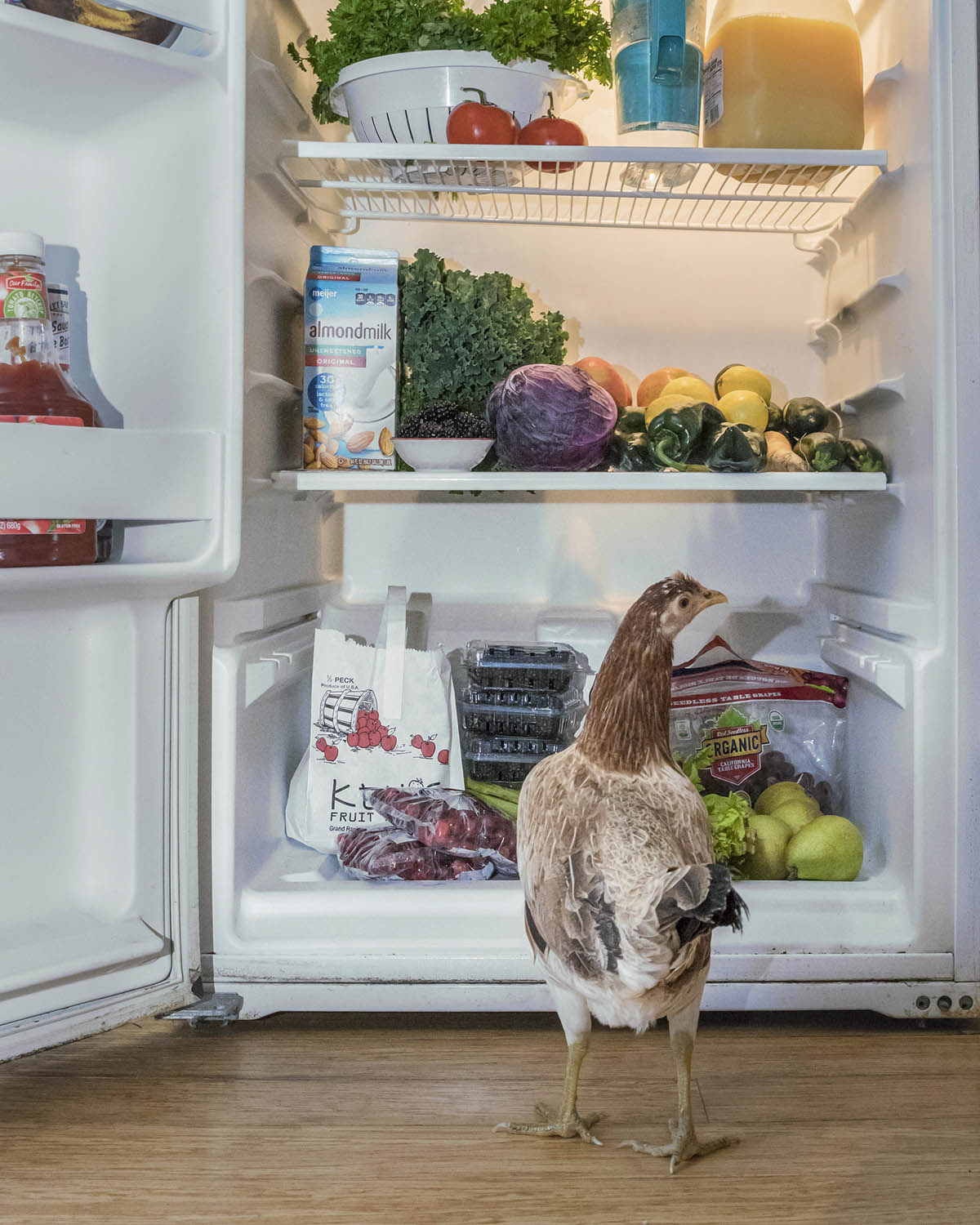
When did you first start taking pictures of animals?
I love being with animals so it felt natural for me to focus on them during my photography coursework. At the same time I decided to spend less time lawyering and more time giving back to the community. Until then I had hesitated to get involved with animal rescue because I didn’t think I could handle the heartbreak that often goes with it. Eventually I realized that animals needed me more than I needed to feel comfortable, so I started taking care of pigeons and other wildlife at the Wild Bird Fund (in New York City). Pretty soon I was volunteering with the WBF and other organizations (such as Catskill Animal Sanctuary) as a photographer, too.
As I spent more time experiencing animals as a photographer and a caregiver I began to question how I could profess to love them yet continue to exploit them for food and clothing. I committed to become vegan and use photography to advocate animal liberation.
Can you tell us more about the series Is This My Beautiful House?
This series is part of a larger project about chickens and their rescuers. I started it in early 2017, soon after I met a hen suffering severe reproductive illness. As I got involved with searching for someone who could adopt the hen and pay for her ongoing veterinary care, I discovered a network of vegans (primarily women) who rescue and care for chickens in their homes. I thought about how so many women still struggle to control their own bodies and obtain adequate healthcare, and in turn how people are socialized to exploit hens’ reproductive systems (by consuming eggs). Even across species, society expects to dictate how females use their bodies. I decided to make portraits of chickens and their rescuers to honor them. and raise awareness of how chickens suffer because of the egg industry.
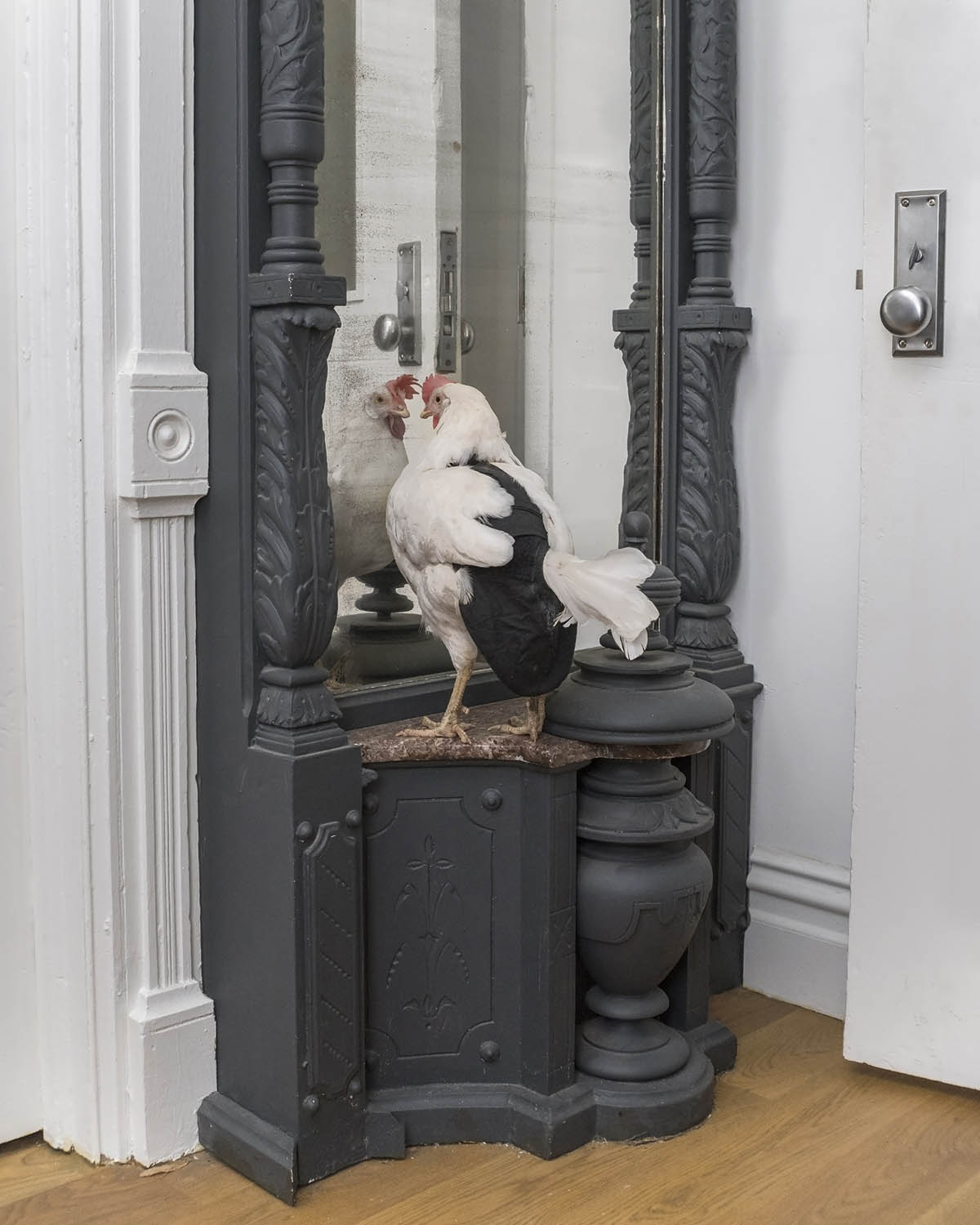
What are the challenges when photographing chickens?
The greatest challenge is one I face when photographing any animal: how do I make photographs responsibly and respect my subjects’ autonomy when I don’t speak “chicken” or “pig” or “sheep”? I try to start photo sessions by sitting with the chickens I’m photographing, witnessing their existence and valuing their importance as individuals, not purely as subjects to photograph. I also invite them to connect with me through sight, smell, touch and taste – on their own terms and in their own time. When possible, I try to make portraits at eye level to emphasize the parity between (human) viewer and subject, and of course I work closely with their human guardians who are better at interpreting their chicken family members’ actions and speech. I watch for signs that the chickens do or don’t want to participate in the portrait session and respect their decision.
How do you use photography to advocate animal liberation?
Billions of farmed animals are murdered every year because we have been conditioned to think it’s “normal, natural, and necessary” (in psychologist Dr. Melanie Joy’s words) to eat flesh, eggs and milk, and wear feathers, fur and wool. We need to support individuals and organizations like Jo-Anne McArthur and the Dominion filmmakers who document the abuse that animals suffer. But that kind of imagery can be intensely disturbing and people often turn away from it.
I also think there is a need for positive imagery, like the environmental portraits that I create of rescued animals. People have told me that my photography helps them think about and identify with farmed animals without provoking guilt or dread. Not everyone is going to go vegan overnight (I didn’t) and no-one is perfect, but I hope that people who see my work are inspired to reconsider their relationship to animals and take steps towards a world that is free from animal exploitation.
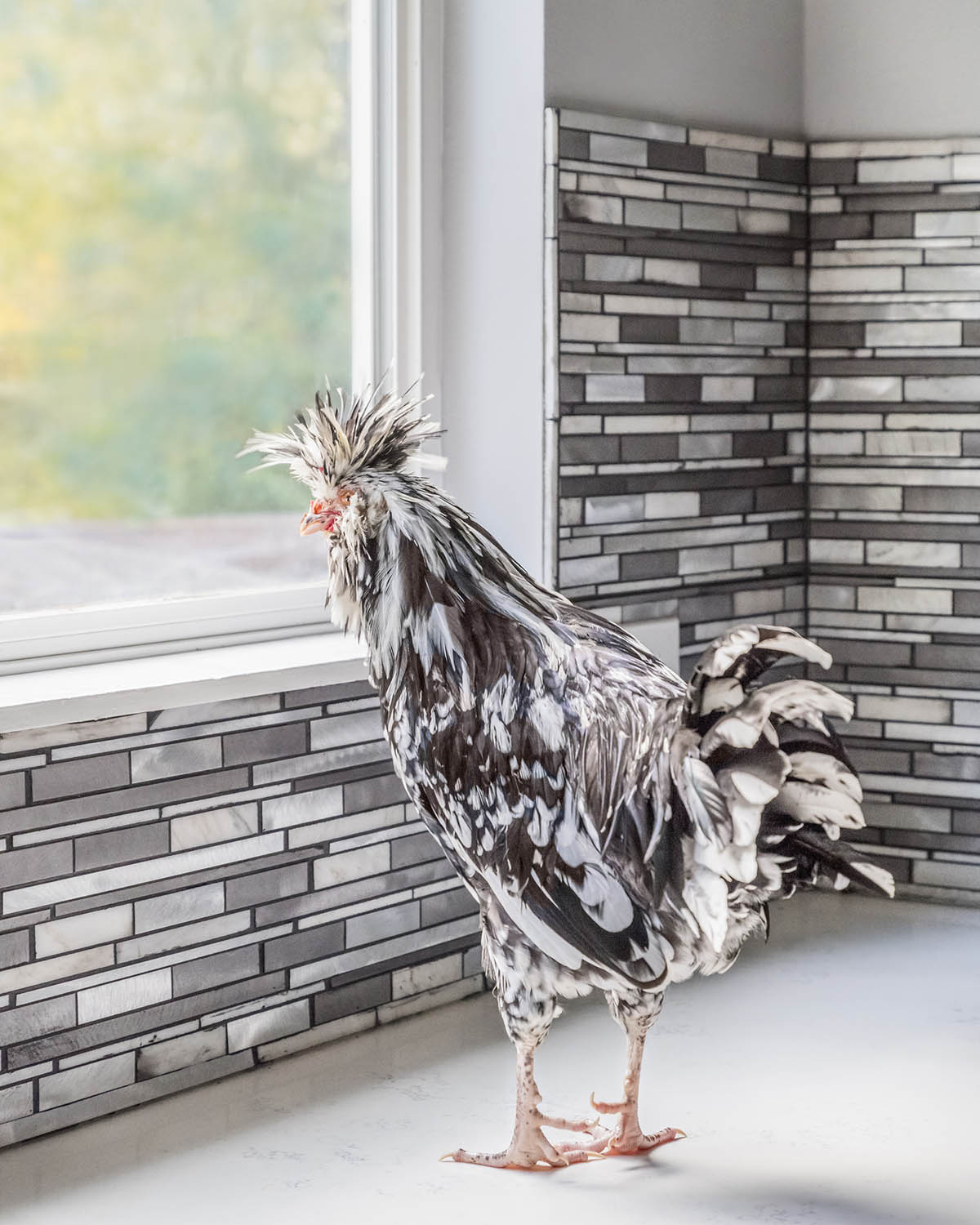
You’re donating 50% of your profits to help individual rescuers pay for veterinary care for their chickens. Can you tell us a little bit more about this?
As part of this project I make images of chickens for their rescuers to cherish as well as images that can be used on social media to raise awareness or support fundraising. But I want to do more. The humans I photograph are routinely exposed to the trauma that comes with witnessing animal abuse or its aftermath. They juggle animal care with day jobs and other responsibilities. Most of the people I photograph operate small sanctuaries and receive very little financial support.
It sounds strange, but chickens need birth control. Unlike their wild ancestors who laid about a dozen eggs each spring modern hens have been bred and then manipulated to lay hundreds of eggs all year long. That process creates a severe toll on their bodies. Hormonal implants that stop egg-laying for a few months can cost several hundred dollars per treatment. Treatment of acute illness (for example to drain an abdomen full of egg matter or perform a hysterectomy) can cost thousands of dollars. That’s why a significant proportion of the profits that I donate are aimed at helping rescuers pay for life-saving, reproductive healthcare for the animals.



